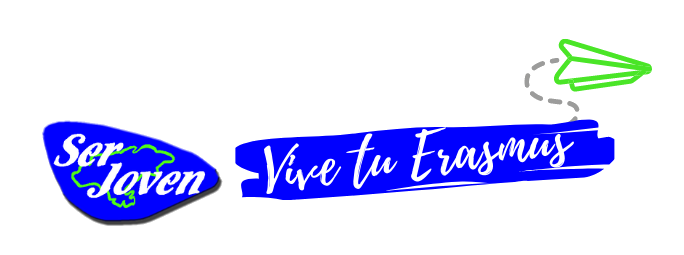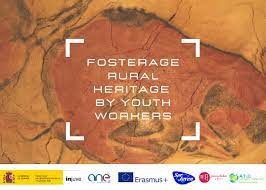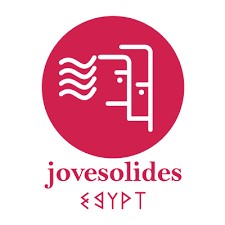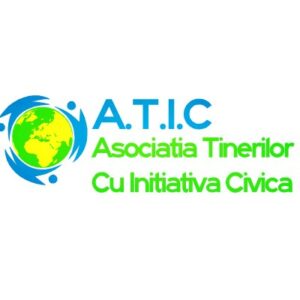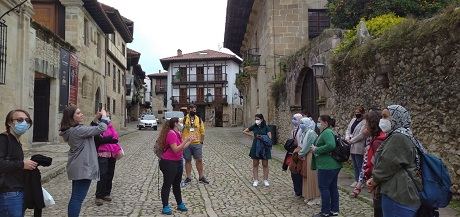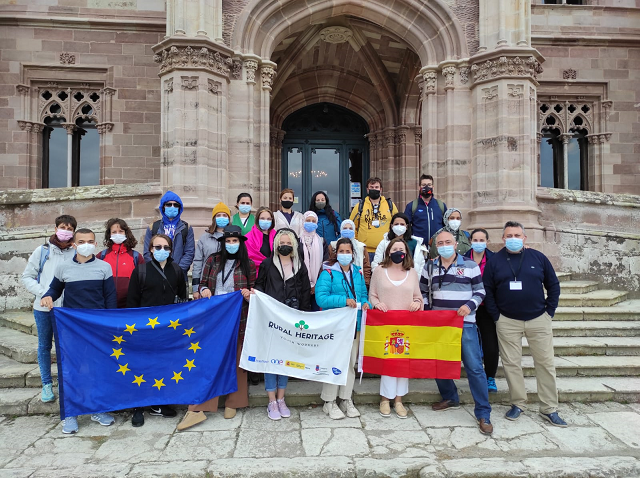Ref: 2020-2-ES02-KA105-015460
More information: CLICK
Fosterage rural heritage by youth workers
Today, an increasing number of young people living in rural Europe are socially and civically marginalized. There are several reasons for this, including geographic isolation, the growth of rural poverty, difficult access to employment, and low levels of participation in international projects.
These young people are largely unaware of the international mobility opportunities offered by programs such as the European Solidarity Corps, Erasmus + ... where resources are offered for their professional and personal development.
However, there are many rural youth organizations that are striving to boost youth participation in their communities, but face increasing difficulties in securing this long-term commitment.
There is a lack of knowledge of the resources personified by local heritage to attract young people involved in local life. At the same time, rural heritage conservation groups are fighting to mobilize young people.
Cultural heritage, whether tangible or intangible, is key to the identity of rural areas and yet it is at risk of disappearing without effort to pass it on and "recover" this heritage from the point of view of the youngest.
However, this heritage represents a legitimate conduit to promote active European citizenship as well as a source of employment for young people with little or no academic qualifications.
The project addresses two of the six rural development priorities supported by the REDR (European Network for Rural Development, programming period 2014-2020): Priority 1 (Transfer of knowledge and innovation) and 6 (Promote social inclusion, reduction poverty and economic development in rural areas).
The main objective of the project is to enhance local agricultural traditions and rural heritage through the creation of a new professional profile for young workers: "Advisor for the promotion of cultural heritage in rural areas", capable of using digital tools to create awareness of rural heritage, especially among young people and parties actively involved in the project's theme.
The project envisages the participation of rural youth workers as a direct target group, providing them with the knowledge, skills and abilities necessary to help young people respond to the challenges of rural areas.
They will actively participate in all phases of project implementation (online learning course, pre-departure course, job observation, training and monitoring course, outreach activities).
The specific objective of the project is to create a new professional profile whose main task will be to enhance the valuation of rural heritage by using appropriate digital skills and social skills to create an empowered community awareness spirit, both locally and internationally.
The project aims to respond to the main challenges facing rural areas today:
• Low use of ICTs.
• Youth migration and brain drain.
• Lack of training and learning opportunities in rural areas.
The specific objectives of the project are:
• Raise awareness among young workers and local communities about the importance of rural heritage to promote economic growth, social inclusion, and cultural diversity in rural areas.
• Promote rural heritage and activities to guide creativity and innovation.
• Increase entrepreneurship and the use of digital skills among young workers in rural areas to promote rural heritage.
• Increase skills in young workers to support the transition to a sustainable and innovative economy in rural areas.
• Prioritize non-formal and informal training, especially aimed at young workers and disadvantaged youth looking for their first job in rural areas.
• Establish mechanisms to facilitate awareness among young workers of the importance of cultural heritage and ICT, and of labor market trends in rural areas.
Thus bringing the reality of rural life closer to cities and supporting the visibility of rural heritage. Empowering all rural agents and endowing them with tools for a continuous dissolution of their assets, autonomously, once the project is finished.
1-31 July 2021: Training course in e-learning
25-30 September 2021: Training Course in Cantabria
- Training course in e-learning The course will allow participants to acquire new skills and knowledge on rural development / ICT / cultural and rural heritage before the start of the professional observation period to train them as innovation advisers for the promotion of cultural heritage in rural areas. The learning modules will be available on the project website and from other organizations, on the FB page and will be disseminated through different channels so that potential stakeholders can use them at the end of the project
- Activity in Corconte (Cantabria); from 25th to 30th september 2021. The Training Course activities have been designed with the aim of allowing participants to acquire new knowledge, skills and competences through training activities. Non-formal and informal learning to give meaning and direction to the learning process, facilitating the understanding and acquisition of new knowledge and skills (SALTO EUROMED Resource Center). During the development of the training course, non-formal and informal education techniques will be adopted, such as brainstorming, role play, case studies, focus groups and team-building activities.
Video with a summary of the participants' views:
https://www.youtube.com/watch?v=sJhuJmRS_Iw
